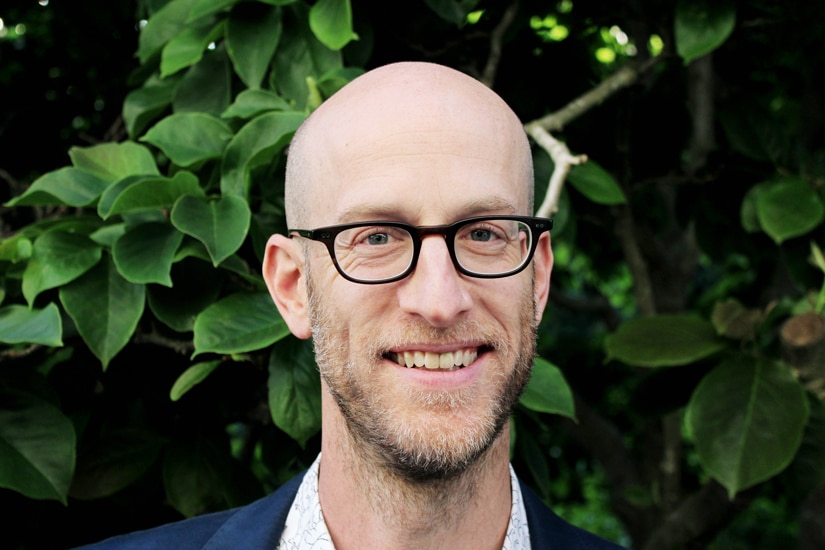When Justin Kan clipped a mobile camera to his baseball hat in 2007, he had no idea how big his social experiment would become. Kan built a small following of people who watched his life broadcast around the clock on Justin.tv. When the fledgling company allowed other users to post original content, the platform morphed into a network.
The site grew quickly, and its most popular category—video gaming—spun off as TwitchTV. Three years after its launch, Amazon acquired Twitch for $970 million.
Since the 2014 acquisition, Twitch has continued to grow at a breakneck pace. Each day, millions of users log on to watch livestreaming and on-demand video broadcasts from gamers, musicians, and other creators. At any moment, 1.5 million people are watching, and the site attracts more than 17.5 million daily visitors. Industry experts expect the global platform to surpass 40 million US users in 2021.
As Twitch continues to blaze a trail forward, competitors like YouTube, Facebook, and Microsoft are courting users. In the billion-dollar, high-octane world of online streaming, there’s a lot on the line. Users are savvy, competition is fierce, and the rules aren’t yet set in stone. An effective legal team is key to success, and at Twitch, Jordan Gimbel is leading the way.
Gimbel—a Fulbright scholar who studied at Stockholm University and Pepperdine Law—joined the company in 2016 to help business teams launch new products and services. As deputy general counsel, he now manages a team responsible for servicing the product, engineering, and ad sales teams.
“We’re at an exciting time in a unique industry where people are bringing themselves to our service to create and interact. The space is still developing, and the right legal strategies help our teams breathe life into what they do from ideation to release,” he explains.

It’s uncharted territory. Twitch streamers purchase and use a video game company’s product on a third-party site to create content that is broadcast to millions of viewers, accompanied by advertising messages. What liability issues does this raise? Who owns what? How do users stay safe? These are the questions Gimbel and his team must consider.
One simple mental trick helps Gimbel perform well in the unusual environment. “I’ve trained myself to be comfortable with chaos. You can’t know everything, and there’s always an opportunity to learn,” he says.
Some issues aren’t as complicated as they seem. Video game companies have existing relationships with their customers and see the value in streaming. Gamers come to Twitch to interact around shared interests. Twitch provides the community and an audience. The triangular relationship between developer, platform, and gamer is mutually beneficial.
For gamers, the relationship can be especially lucrative. Qualifying streamers who become Twitch affiliates or partners unlock access to shared paid subscription revenues and other perks. Viewers can support broadcasters through a variety of patronage tools, and broadcasters can attract sponsorships, compete for tournament prize money, or sell merchandise. Twitch’s top users have millions of followers and hundreds of millions in total views. Some users earn more than $500,000 per month.
Gimbel and his legal colleagues are intimately involved in creating and maintaining the guidelines for Twitch’s affiliate and partner programs, which accompany the site’s foundational terms of service. Because Twitch has positioned itself under international safe harbor laws like the Digital Millennium Copyright Act, streamers are responsible for copyright infringement.
As its competitors seek to poach top users, Twitch tries to ensure a safe, fun community where streamers can play, collaborate, and earn a livelihood. “It’s a balance,” says Gimbel. “We want to help creators earn a living, connect with their community, and, through that, position Twitch to grow.”
“I’ve trained myself to be comfortable with chaos. You can’t know everything, and there’s always an opportunity to learn.”
To do so, his team must monitor ever-changing laws worldwide. They do that by scouring news headlines, subscribing to trade publications, receiving specific email blasts, and attending industry seminars from organizations like the Media Law Resource Center. Gimbel has asked team members to become his “in-house experts” on assigned topics such as legal lotteries or consumer protection laws. Outside firms around the world keep Twitch updated on relevant legal issues, and user reports help the company spot problems.
In 2017, after receiving numerous complaints from broadcasters in Europe, Twitch discovered that German regulators were asking Twitch users to pay fees and obtain antiquated licenses originally created for terrestrial radio companies. Twitch drafted a public policy response and hired a consultant to educate German lawmakers. Authorities eventually published a draft amendment (to be adopted later) of the existing law to provide an exclusion for online broadcasters of a certain size.
Continued growth brings increased scrutiny, and events like the Cambridge Analytica scandal of 2018 and the Christchurch terrorist attack livestreamed in 2019 underscore the critical need for robust privacy and safety guidelines. Gimbel says these issues are at the forefront of every decision, and his team can make the biggest impact when engaged early.
“We want to help our product teams build a great service and connect with the community in the best way possible,” he explains. “We work to ensure that safety and privacy are baked into products and services as part of the design process.”
With other service providers scrambling to catch up, a strong legal team has Twitch poised for continued success.
***
Davis Wright Tremaine LLP:
“On top of his tremendous legal skills and deep industry knowledge, Jordan is a great listener, a creative thinker, and an excellent collaborator with his clients, his legal team, and his outside counsel.”
–James Rosenfeld, Partner


